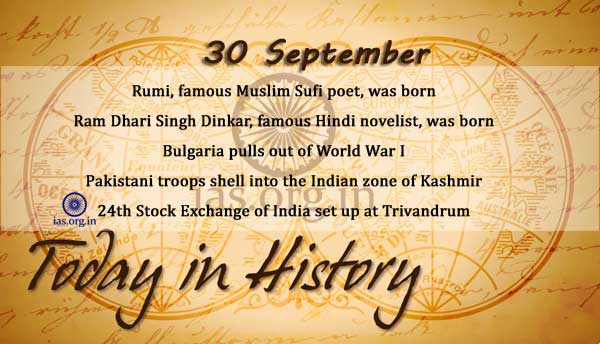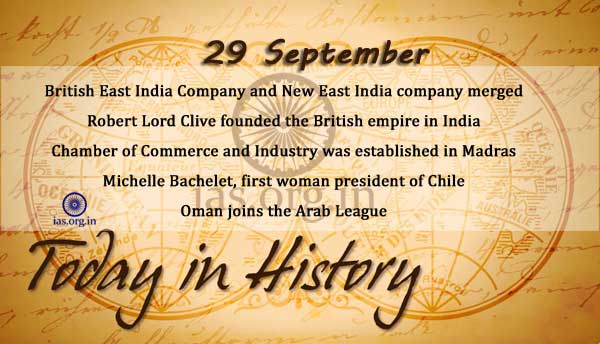Table of Contents
- Introduction
- Classical Black Holes and No-Hair Theorem
- Quantum Fields and Hawking Radiation
- Thermal Nature of Hawking Radiation
- Statement of the Paradox
- Unitarity in Quantum Mechanics
- Black Hole Evaporation
- Information Loss Hypothesis
- Conflicts with Quantum Theory
- The Page Curve and Entropy Evolution
- Entanglement Structure of Hawking Radiation
- The Monogamy of Entanglement
- The AMPS Firewall Argument
- Black Hole Complementarity
- The Role of Quantum Gravity
- String Theory Perspective
- The AdS/CFT Resolution
- Holography and Boundary Unitarity
- Quantum Extremal Surfaces and Replica Wormholes
- Page Curve from Semiclassical Gravity
- Remnants Hypothesis
- Information Retrieval from Radiation
- Experimental Outlook and Analog Models
- Implications for Spacetime and Causality
- Conclusion
1. Introduction
The information paradox challenges the foundations of physics by suggesting that black holes might violate the principle of unitarity in quantum mechanics. The paradox arises when we try to reconcile quantum field theory with black hole thermodynamics and general relativity.
2. Classical Black Holes and No-Hair Theorem
Classically, black holes are defined by only a few parameters: mass, charge, and angular momentum. This is known as the no-hair theorem. All other information is lost beyond the event horizon, which presents no problem in classical general relativity.
3. Quantum Fields and Hawking Radiation
Hawking showed that black holes emit radiation due to quantum effects near the event horizon. This Hawking radiation appears thermal and leads to gradual black hole evaporation.
4. Thermal Nature of Hawking Radiation
Hawking radiation carries no information about the infalling matter. It appears completely thermal and uncorrelated, raising questions about what happens to the information that formed the black hole.
5. Statement of the Paradox
If a black hole completely evaporates, and the radiation is thermal, then the process is non-unitary — violating a fundamental axiom of quantum mechanics. This leads to the black hole information paradox.
6. Unitarity in Quantum Mechanics
Unitarity implies that the evolution of a closed quantum system preserves information and probabilities. A pure quantum state should evolve into another pure state — not a mixed state.
7. Black Hole Evaporation
The evaporation time of a black hole is:
\[
t_{\text{evap}} \sim \frac{G^2 M^3}{\hbar c^4}
\]
As the black hole evaporates, entropy in the radiation grows, seemingly transforming a pure state into a mixed state.
8. Information Loss Hypothesis
One early resolution proposed that information is lost when the black hole evaporates. However, this would require modifying the standard rules of quantum mechanics and violates unitarity.
9. Conflicts with Quantum Theory
Information loss would:
- Prevent time-reversal symmetry
- Introduce unpredictability
- Break superposition and linearity
- Challenge the consistency of quantum field theory
10. The Page Curve and Entropy Evolution
Don Page predicted that the entropy of Hawking radiation should first increase, then decrease — forming a Page curve consistent with unitary evolution.
11. Entanglement Structure of Hawking Radiation
Each emitted Hawking quantum is entangled with a partner falling into the black hole. Over time, the number of outside entangled pairs grows, leading to rising radiation entropy.
12. The Monogamy of Entanglement
Quantum mechanics forbids a particle from being maximally entangled with two systems. After the Page time, outgoing radiation cannot be entangled both with earlier radiation and interior modes — creating a paradox.
13. The AMPS Firewall Argument
Almheiri, Marolf, Polchinski, and Sully proposed that to resolve the paradox, entanglement must break at the horizon, creating a firewall — a high-energy region that destroys infalling observers, violating general relativity’s equivalence principle.
14. Black Hole Complementarity
Suggests no single observer sees a contradiction:
- Outside observer sees information in radiation
- Infalling observer sees smooth spacetime
Avoids paradox by observer-dependent reality — though it’s hard to reconcile globally.
15. The Role of Quantum Gravity
A full theory of quantum gravity may resolve the paradox by modifying spacetime at the Planck scale, introducing nonlocality, or providing new degrees of freedom.
16. String Theory Perspective
In string theory, black holes have microstates — specific brane configurations. For certain extremal black holes, counting these states reproduces the Bekenstein–Hawking entropy, suggesting no information loss.
17. The AdS/CFT Resolution
In the AdS/CFT correspondence, black hole evaporation in AdS is dual to unitary evolution in a conformal field theory. This implies that information is preserved, at least in these settings.
18. Holography and Boundary Unitarity
The holographic principle posits that the entire bulk spacetime, including black holes, is encoded on a boundary theory. If the boundary is unitary, then so must be the bulk.
19. Quantum Extremal Surfaces and Replica Wormholes
Recent work using quantum extremal surfaces and replica wormholes has shown how to recover the Page curve from semiclassical gravity, suggesting unitary evaporation with late-time information recovery.
20. Page Curve from Semiclassical Gravity
These methods compute entanglement entropy directly and reproduce the rise-and-fall behavior predicted by Page — consistent with information preservation.
21. Remnants Hypothesis
Proposes that stable Planck-scale remnants store information after evaporation. However, this raises issues with infinite degeneracy and observable consequences.
22. Information Retrieval from Radiation
Another possibility is that Hawking radiation carries subtle quantum correlations encoding the original information, but these are too subtle to be captured by semiclassical approximations.
23. Experimental Outlook and Analog Models
While direct detection is infeasible, analog black holes (e.g., in fluids, BECs) may help test aspects of Hawking radiation and information loss in controlled environments.
24. Implications for Spacetime and Causality
The information paradox challenges core principles:
- Locality
- Causality
- Horizon smoothness
Resolving it may require a radical reformulation of spacetime and quantum information.
25. Conclusion
The black hole information paradox sits at the intersection of gravity, quantum mechanics, and thermodynamics. It has led to profound insights in holography, entropy, and quantum gravity. While full resolution is still evolving, recent advances — especially from AdS/CFT and replica wormholes — point toward unitarity and subtle information recovery mechanisms. The paradox continues to be a guiding puzzle in the quest for quantum gravity.
.




